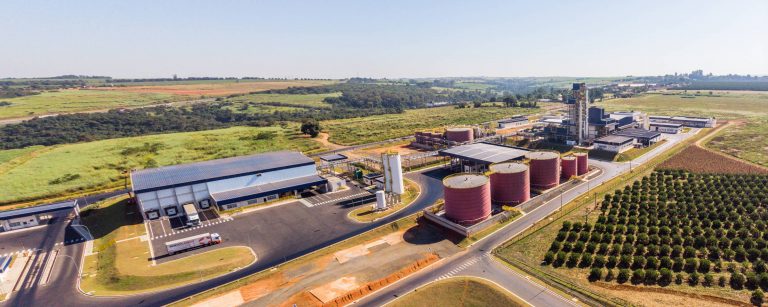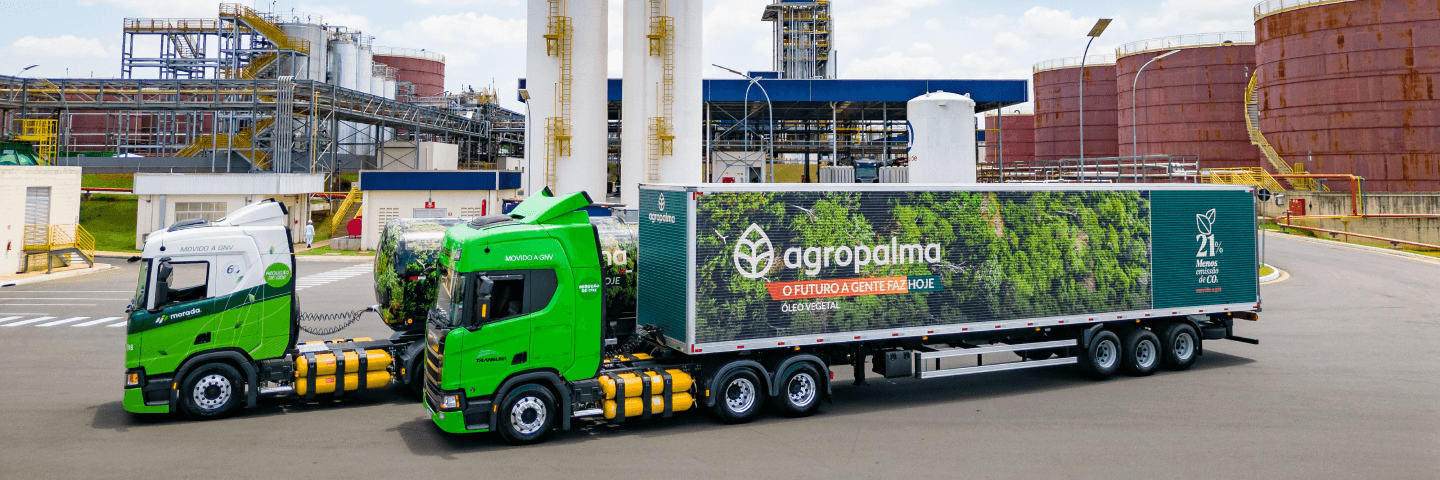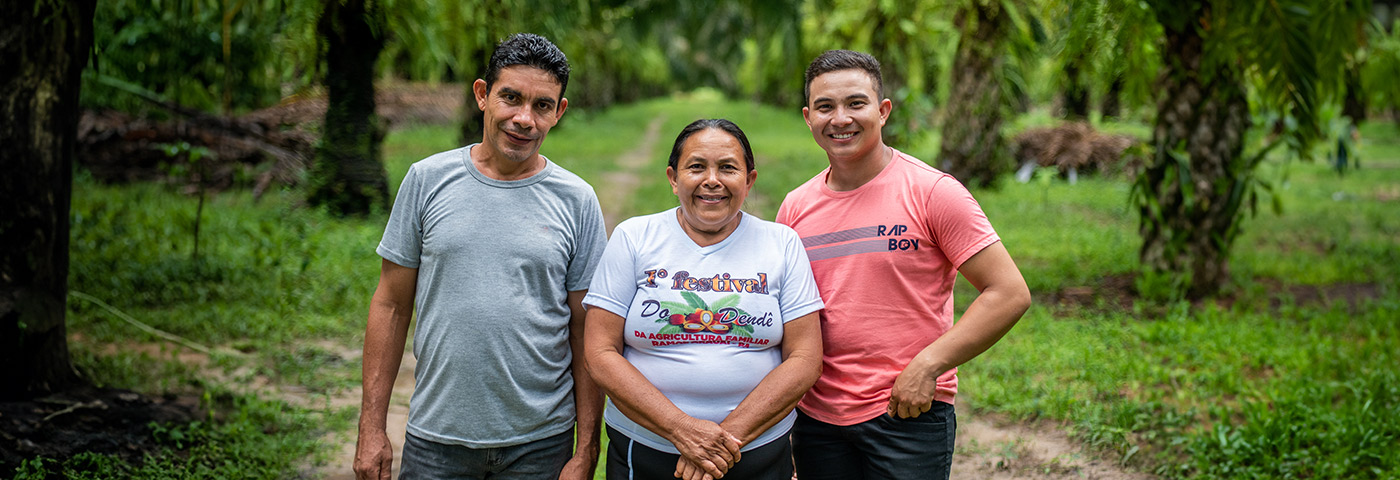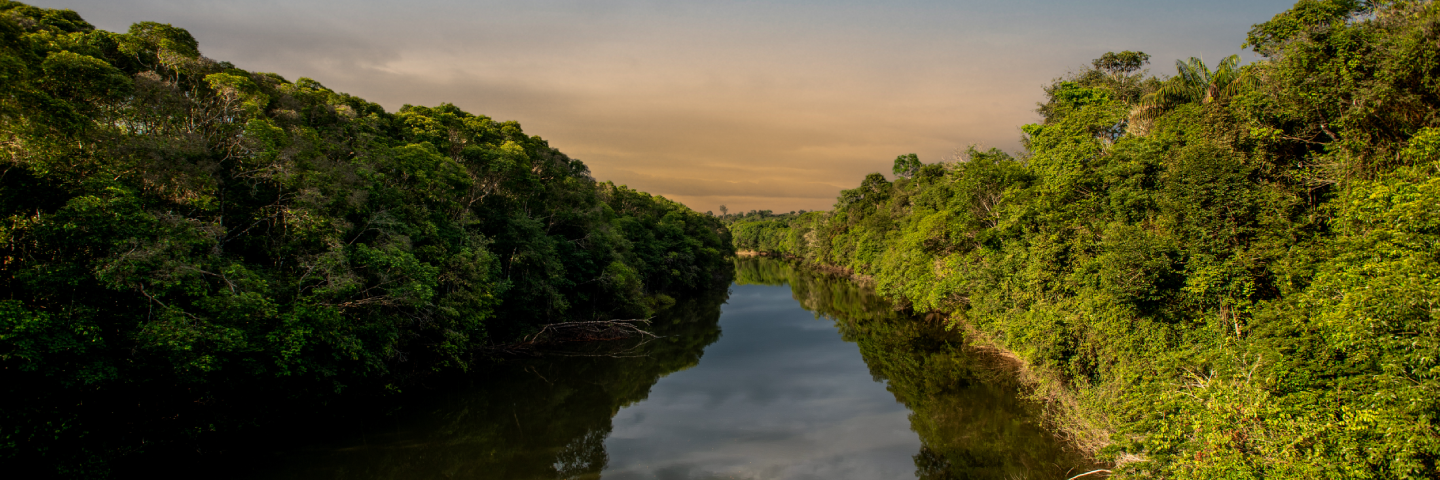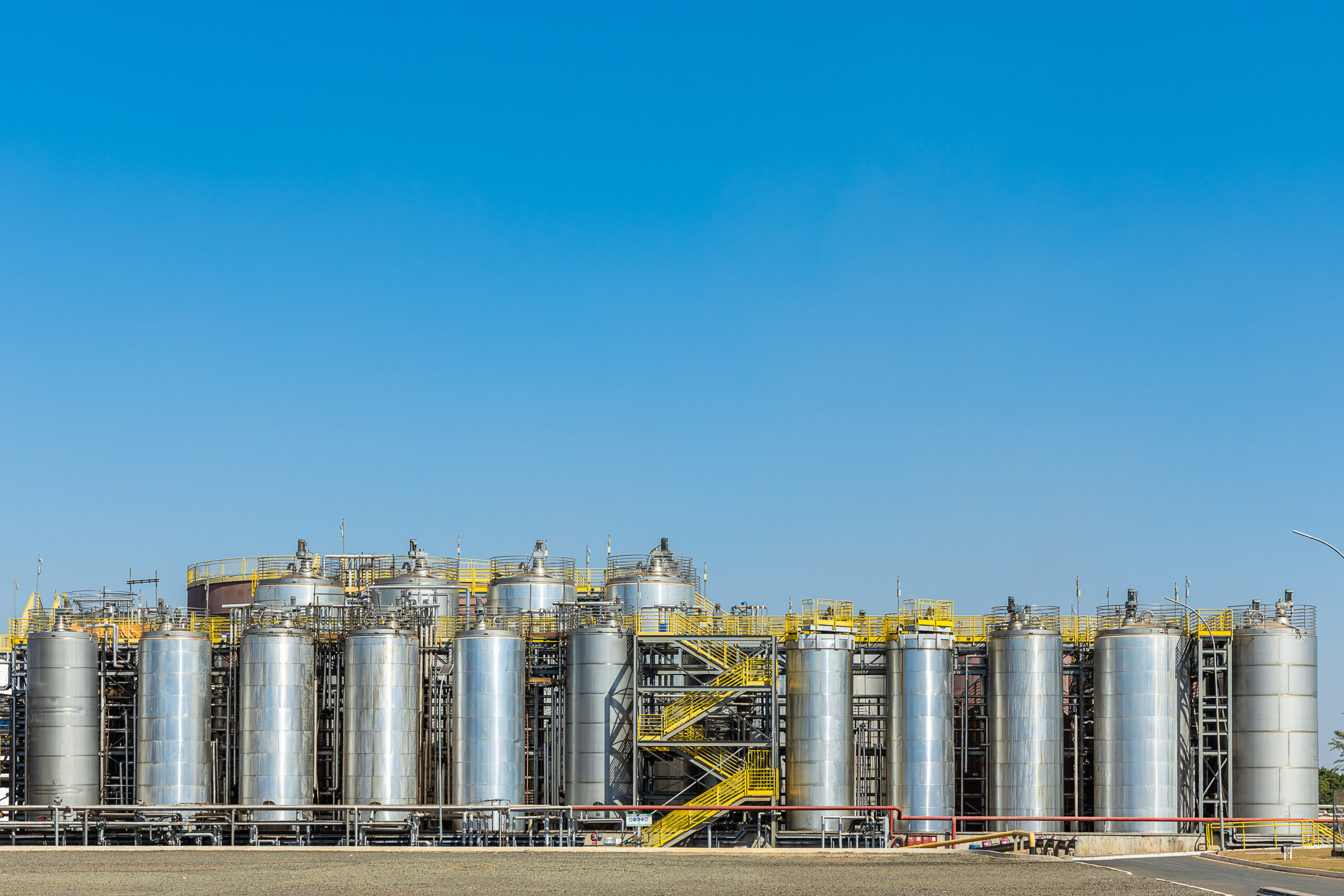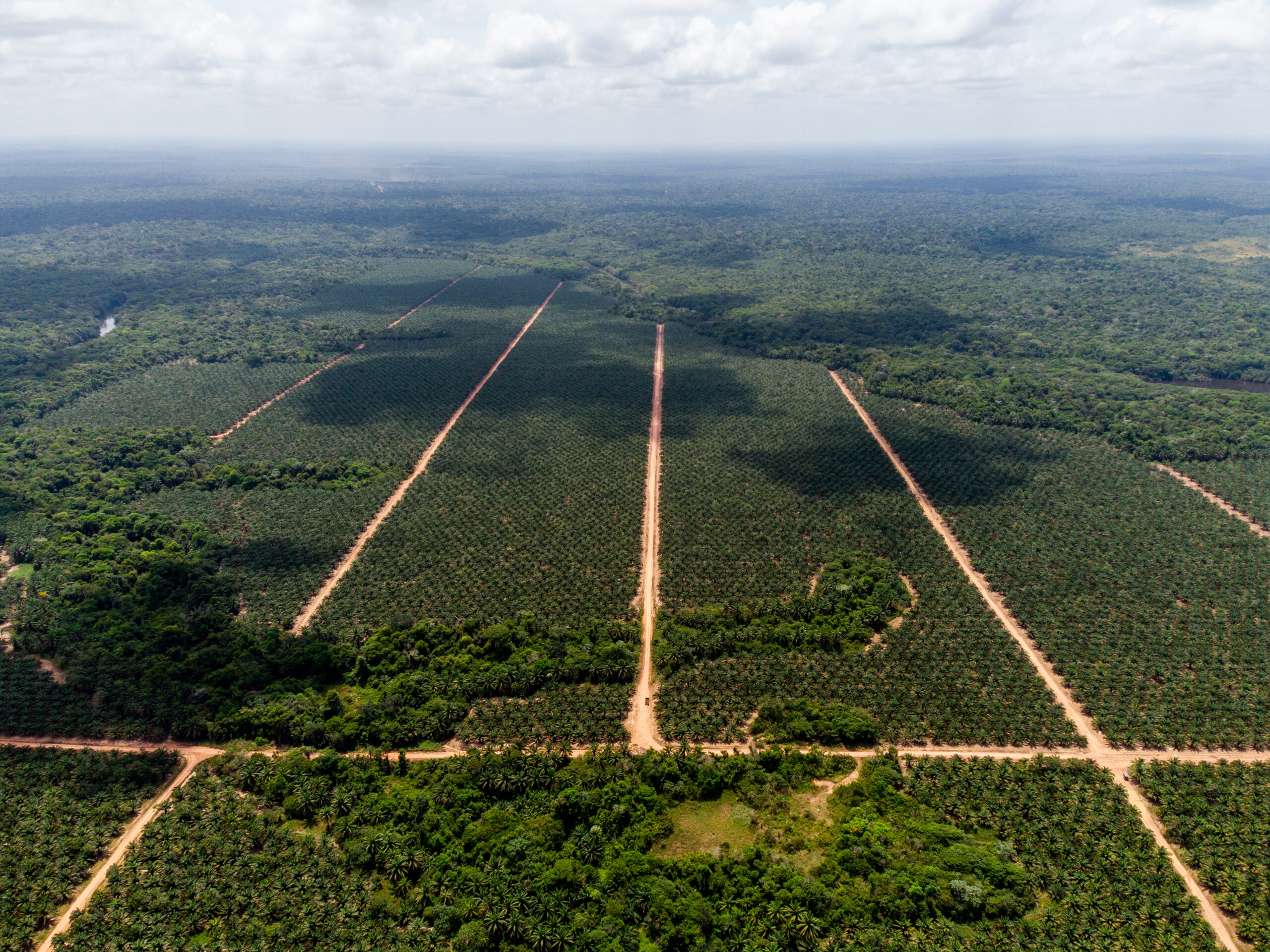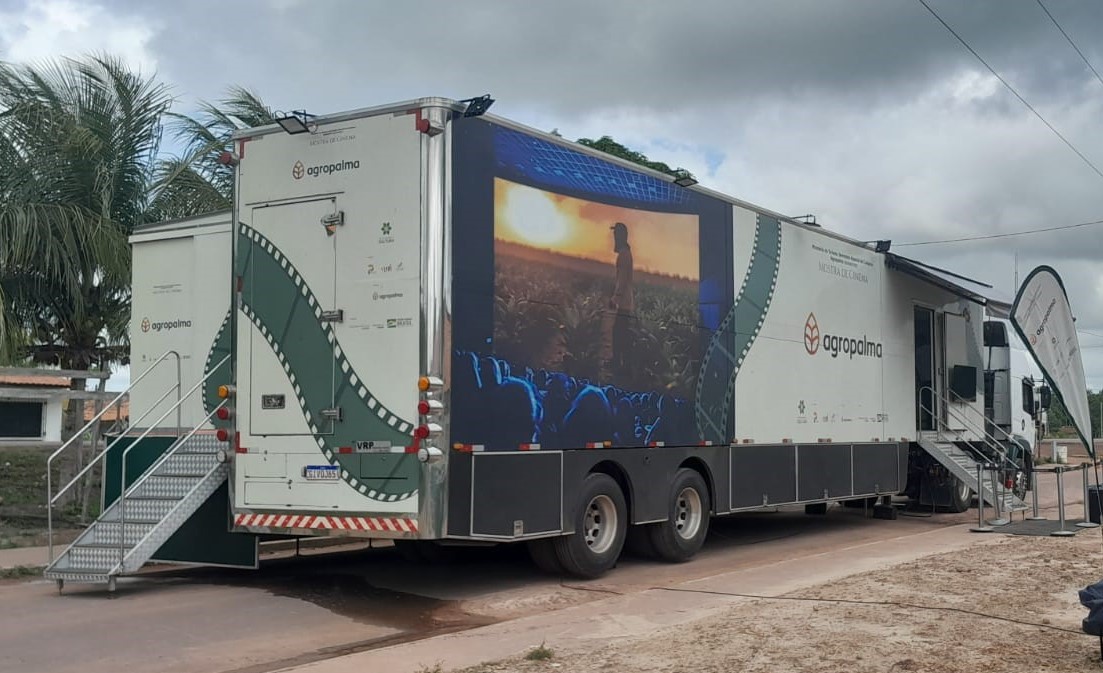Agropalma, the largest sustainable palm oil producer in Latin America, has been investing in order to expand its environmental actions and contribute to Brazil becoming a reference in sustainability in this crop. The company invests in forest preservation, biodiversity conservation and reduction of gases that cause global warming. The company has crops and industrial units in Pará and a refinement plant in Limeira, in the interior of the State of São Paulo.
“Since its foundation, in 1982, the company’s philosophy has been to strictly comply with the environmental laws”, stated Agropalma’s chief sustainability officer, Tulio Dias Brito. The company has 107 thousand hectares of land in the Amazon; however, 60% of said area is preserved. Since 2011, there has been no deforestation or fire burns in this region.
Agropalma maintains a protection system against poachers, timber theft and fires, as well as a biodiversity monitoring system. In 2007, the company partnered with the NGO Conservation International (CI) in order to promote a biodiversity survey program in its forest areas. CI acts in more than 30 countries and has been present in Brazil for 30 years.
Biologists from the Universidade Federal do Pará regularly visit the region in order to research the fauna. According to Brito, 11 endemic species and 40 endangered species were cataloged out of a total of 1,029 monitored species. According to CI-Brazil Program’s senior officer, Miguel Moraes, four new species were also identified.
Moraes informs that CI’s work has two pillars: science and dialog. “That was also Agropalma’s concern”, he stated. That is, the organization found a company interested in science and open to dialog, he said. For him, CI assisted Agropalma to organize the “yearnings” the company has already had about environmental responsibility.
Agropalma maintains 27 environmental watchmen, two inspectors, one supervisor and one coordinator. They patrol the properties in search of any suspicious activity.
NEGATIVE CARBON BALANCE
The company has been monitoring its emissions since 2013. The company emits gases, for example, when it uses fossil fuels, prepares areas to plant and uses fertilizers, but it sequestrates carbons or avoids such emissions when it establishes the palm trees in former pasture areas, preserves the forests and uses biomass to generate energy. “Our carbon balance is negative”, said Brito.
In the operational area, the highest emissions are in the oil production effluent treatment lagoons, with the generation of methane. The company will install bioreactors by 2025 in order to capture the gas, which may be used to generate electricity or in the boilers of the company. “We will eliminate 80% of our operational emissions of greenhouse gases”, stated Brito.
The executive adds that the strictness on which the company addresses the social and environmental issues “irradiates” to its supply chain. Agropalma has a Code of Ethics and Conduct that binds suppliers and service providers to comply with the labor and environmental laws in order to enter into contracts with the company.
“We managed to show that it is possible to have a production at a large scale allied with preservation and we showed that preservation helps the business”, declared Brito. Agropalma produces 160 thousand tons of plant oil per year (100% traceable from harvest to final product) and the company employs about 5.3 thousand people.
 Back
Back